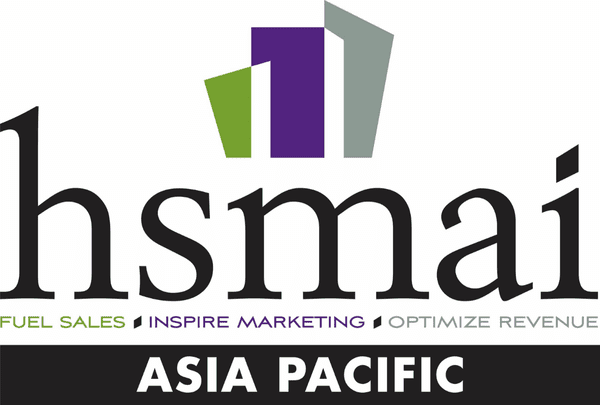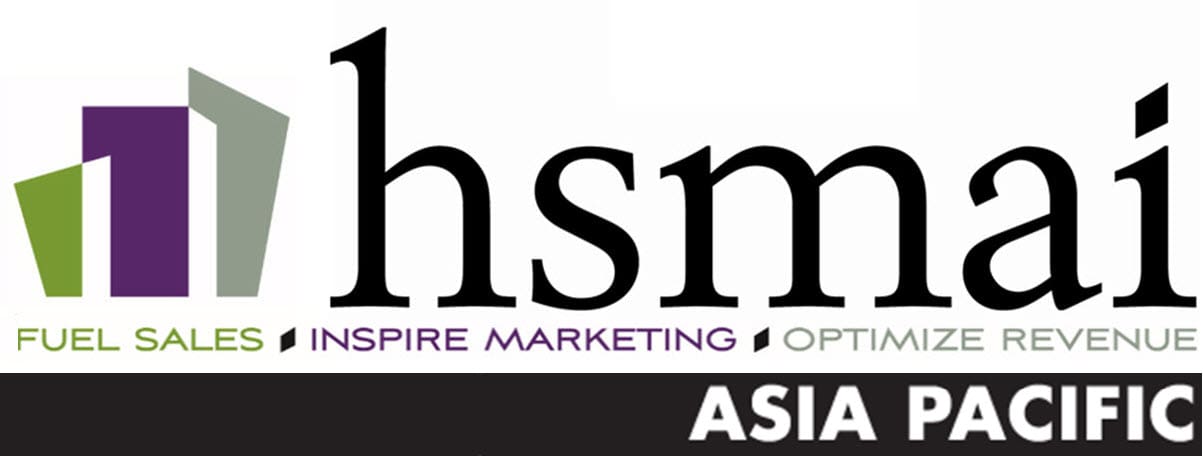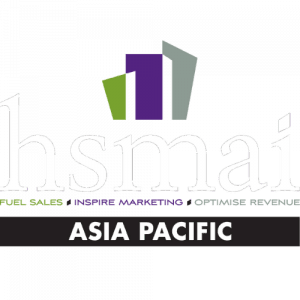Tomorrow’s leaders will be drivers of disruptiveness, with a humbler leadership style. They need to be confident enough to share their power with others.
What type of disruptive leaders will the industry need? Our research was aimed at assessing this question and coupled with this, understanding what skills and qualities the industry believes our future leaders will need on a wider scale, on a time frame of 8-10 years from now.
For this research, we teamed with PSD, a leading international professional executive recruitment organization, and surveyed hospitality managers and executives during Fall 2017.
Our methodological approach is based on the competency framework for hotel general managers developed by Bharwani and Talib (2017, p.408)[1]. This framework is the most appropriate to assess the future leaders’ qualities and consists of 43 items categorized into four broad dimensions:
- Meta competencies: traits and motives – know how to be, adapt and apply existing competencies or acquire new competencies.
- Social competencies: interpersonal attitudes and behaviours – know how to interact.
- Functional competencies: job-specific technical skills – know how.
- Cognitive competencies: conceptual knowledge – know what.
Our respondents
This survey was completed by 135 (103 male, 32 female) senior hotel executives, (e.g., CEO, COO, General managers, SVP Operations and group HR directors) at property and corporate level. Respondents were mostly between 46 to 55 years old and came predominantly from Europe, and then Asia, North America, and Middle East, and worked principally in UK and Asia. The majority of the executives have a Bachelor degree, followed by a Master’s degree or a diploma. They work for a hotel chain or brand and most have more than 300 employees.
Since research[2] has shown that leadership qualities might be influenced by the geographical region in which leaders operate, most of our analyses compare responses from the geographical areas in which people reside and presumably work.
The results: Disruption – good cop or bad cop?
In order to answer this question, we surveyed the perception of the level of disruptiveness.
Our respondents clearly and globally shared the views that disruptiveness and innovation are set to become increasingly important to drive the business to become revolutionary. The hospitality sector definitely needs disruptive thinking (Figures 1 to 4).



